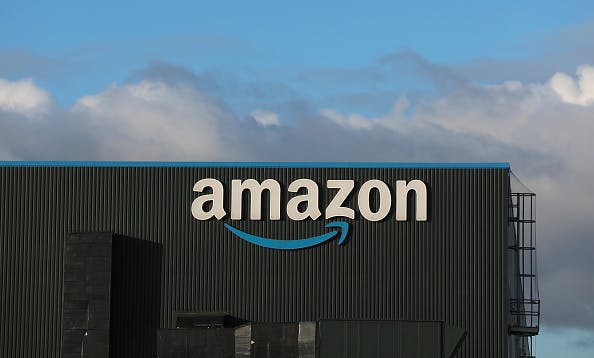Amazon shares drop after soft revenue forecast, but cloud grows
CEO Andy Jassy told analysts that “consumers are being careful on prices.”
Amazon shares took a hit Thursday after hours, dropping 7.6% after the company reported a slight revenue miss and gave sales guidance that was weaker than analysts were expecting.
If that stock decline holds during regular trading Friday, it would knock roughly $130 billion off Amazon’s market cap. The revenue miss was largely a result of sluggish growth in Amazon’s core retail business, which faces competition from Chinese e-commerce companies sending cheaper goods to North American consumers.
“Consumers are being careful on prices,” CEO Andy Jassy said during the earnings call. That led to lower average selling prices, which weighed on sales. The growth rate of units sold in North America outpaced that of sales, meaning a selection of cheaper goods were appealing to consumers.
Meanwhile, Amazon’s big spending on data centers and AI seems to be bearing fruit. Amazon Web Services sales increased 19% year-over-year to $26.3 billion, and the segment generated an operating profit of $9.3 billion, up from $5.4 billion a year earlier.
That helped Amazon to an overall profit of $13.5 billion in the quarter, up from $6.7 billion a year earlier.
Amazon said that customers are bringing both generative AI and non-AI workloads to the cloud.
The strength at AWS it came after Microsoft reported disappointing growth in its Azure cloud-computing business earlier this week. Like other tech companies this season, Amazon had to assure investors it isn’t over investing in AI.
“The reality right now is that while we are investing a significant amount in the AI space and in infrastructure, we would like to have more capacity than we already have today,” Jassy said. “We have a lot of demand right now, and I think it's going to be a very, very large business for us.”
